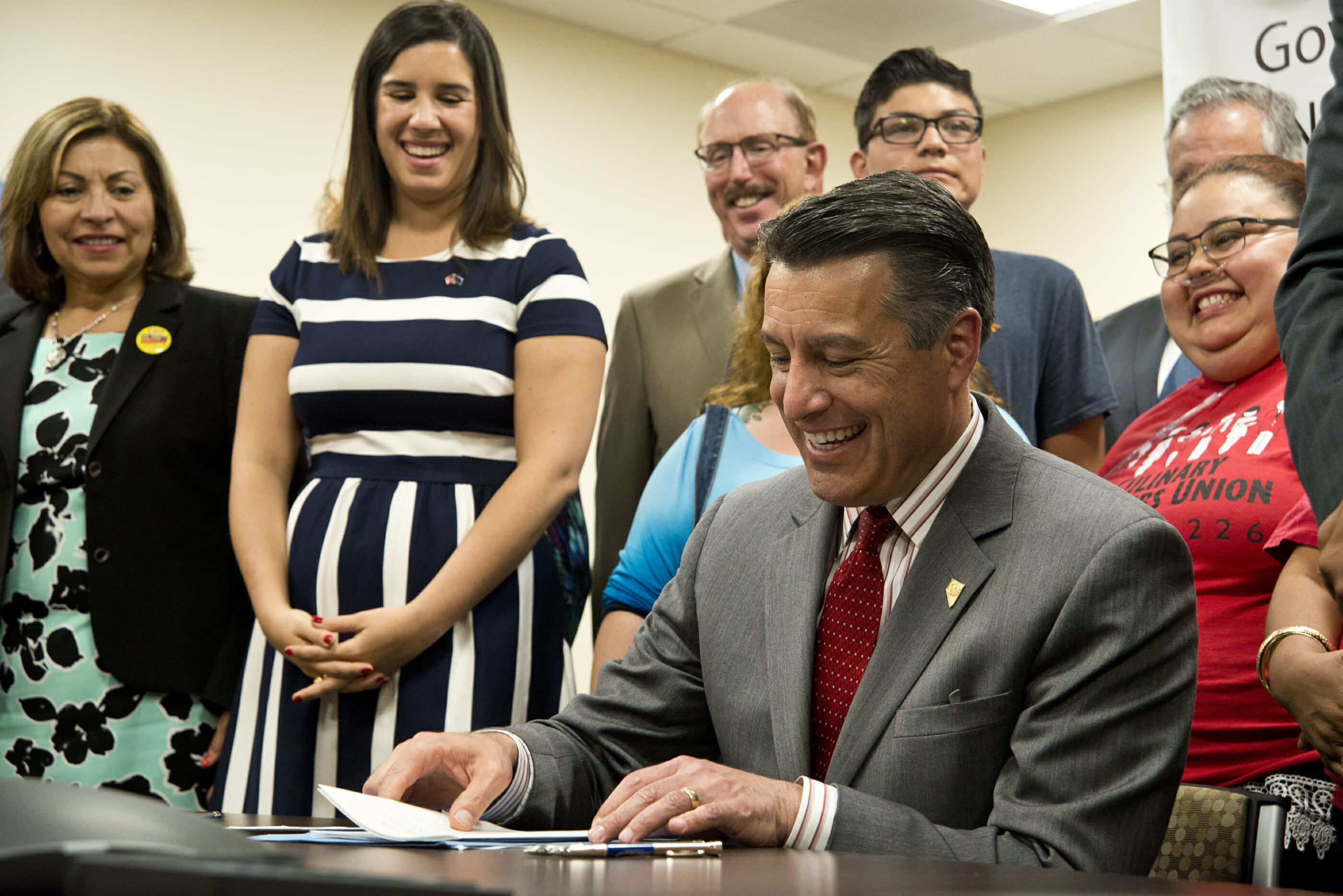Federal court rejects Big Pharma request to halt insulin transparency law implementation

A federal court judge today denied a request by pharmaceutical industry representatives to preliminarily enjoin Nevada’s first-in-the-nation insulin transparency law, rejecting arguments that the law would cause immediate and irreparable harm to manufacturers of diabetes drugs.
U.S. District Court Judge James Mahan said a provision in the newly passed transparency law requiring manufacturers of certain diabetes drugs to provide data to the state explaining their price increases wouldn’t cause short-term harm when those disclosures aren’t due until July 2018, and it’s not clear yet whether all companies will be required to make such a disclosure. Only companies whose prices increase by more than the rate of medical inflation will be subject to such disclosures.
The pharmaceutical industry, represented in the case by the Pharmaceutical Research and Manufacturers of America (PhRMA) and the Biotechnology Innovation Organization (BIO), argued the law would immediately strip them all trade secret protections starting on November 1, when the state publishes its list of which essential diabetes drugs could be subject to the reporting requirements. The section of the law that exempts information required to be disclosed to the state Department of Health and Human Services from Nevada’s trade secret statute would apply immediately to the universe of information that could be disclosed, the industry argues, not in July when the specific disclosures are required.
“It chills us now,” said Robert Weiner, a Washington D.C. lawyer representing the industry in the lawsuit. “We know now if we change our prices we will be subject to that penalty.”
The companies have argued in their complaint that the disclosure requirements are so onerous that they act as an effective cap, requiring manufacturers to keep their prices below the rate of medical inflation or else be mandated to explain to the state why their prices increased. Weiner said the pharmaceutical companies would be “injured today, when the coercion is applied.”
But Mahan rejected that argument, saying enjoining the implementation of the challenged portion of the law — which would essentially halt the regulatory process the state had planned to move forward with over the next couple of months — was premature. Asked by Mahan whether the companies planned to raise their prices, Weiner said he did not know.
“‘If’ is the biggest word in the English language,” Mahan said.
However, he didn’t preclude the possibility of approving a request to halt the implementation of the law at some point in the future, such as in March or April.
“I’m not foreclosing anything in the future,” Mahan said. “Who’s going to win the World Series or the Super Bowl? My crystal ball is broken.”
Deputy Attorney General Linda Anderson, representing Gov. Brian Sandoval and Department of Health and Human Services Director Richard Whitley, stressed to the court that the law gives manufacturers of diabetes drugs until July to report in order to give the state time to develop the regulations that will guide the reporting process.
Legislative attorney Kevin Powers argued, as the Legislature has in earlier court filings, that under the text of the statute pharmaceutical manufacturers might not have to disclose trade secrets at all. The position of the Legislature, which requested permission to intervene in the lawsuit last month, is that nothing in the plain text of the law explicitly requires companies to disclose trade secrets and that they might be able to enter into confidentiality agreements with the Department of Health and Human Services to protect any information that truly is considered a trade secret.
“The statute does not require manufacturers to disclose trade secrets,” Powers said.
Democratic Sen. Yvanna Cancela, who sponsored the original version of the bill which was later grafted onto a related proposal from Republican Senate Leader Michael Roberson, called the rejection of the motion a “big victory for patients everywhere” in a tweet. A spokesman for Roberson did not immediately respond to a request for comment.
Mahan did not settle two separate outstanding issues at the hearing: whether the parties could move forward with a motion for summary judgment, which would allow the court to rule more quickly on the constitutionality of the law and avoid a lengthy trial, and whether to allow a health fund for Nevada’s most politically powerful labor union to intervene in the lawsuit.
Though they have yet to be admitted as an intervenor in the suit, Culinary Health Fund attorney Richard McCracken urged the court to allow the implementation of the law to proceed, saying that if the prices don’t increase or only increase by a certain amount, there is no disclosure requirement.
“This is about explaining why prices exceed that index,” McCracken said.
However, Mahan said that he would not rule on whether to admit the health fund, which advocated on behalf of the legislation in Carson City earlier this year, to the lawsuit until the briefing process is complete. The pharmaceutical companies are opposing the health fund’s intervention into the lawsuit, saying that it would create “unnecessary burdens, delays and complexities” and that their interests are already represented by the other defendants.
It was also not immediately clear whether Mahan planned to grant the Legislature’s motion for summary judgment, though pharmaceutical companies have asked the court to allow time for both sides to submit additional arguments on an expedited schedule before Thanksgiving.
